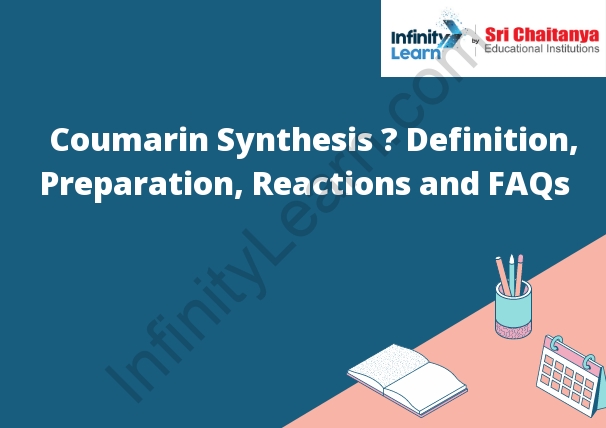Table of Contents
What is Coumarin? ;
Coumarin is a fragrant organic compound found in many plants. It is a derivative of coumarin, which is a natural compound found in the tonka bean.

Preparation of Coumarin
Coumarin can be prepared by the reaction of benzaldehyde with potassium cyanide followed by acidification. The benzaldehyde is first converted to benzoic acid which then reacts with potassium cyanide to form the cyanohydrin. This is then hydrolyzed to form the desired coumarin.
Coumarin Reactions
Coumarin is a naturally occurring organic compound that is widespread in plants. It is a white crystalline substance that is slightly sweet to the taste. Coumarin is not water soluble, but is soluble in ethanol and ether.
Coumarin is a weak base and reacts with acids to form the corresponding coumarin salts. For example, when coumarin is treated with hydrochloric acid, it forms the hydrochloride salt, which is a white crystalline solid.
Coumarin also reacts with aldehydes and ketones to form Schiff bases. For example, when coumarin is treated with acetaldehyde, it forms the Schiff base, which is a yellow crystalline solid.
Coumarin Synthesis Mechanism
The synthesis of coumarin from benzaldehyde and acetone proceeds through the formation of an intermediate imine, which is then converted to the final product. The imine is formed by the reaction of the aldehyde and ketone functional groups, with the nitrogen atom of the imine acting as a nucleophile. This intermediate is then converted to the final product by the addition of a second molecule of acetone, which results in the formation of a carbon-carbon double bond.






